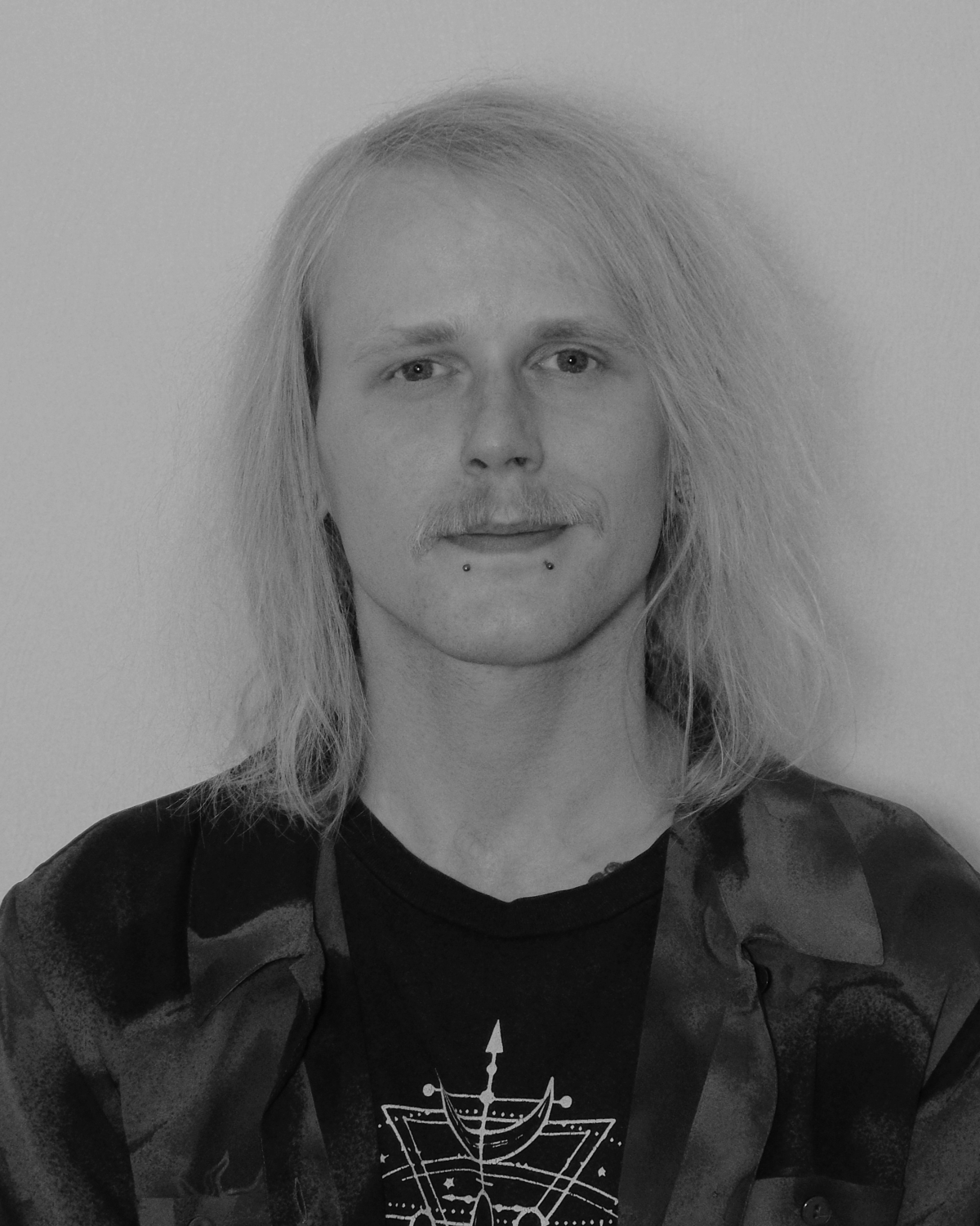
Jan Hensellek
Digital Conspiracy Discourses as Spaces of Dissension
Conspiracy theories contest widely accepted knowledge claims about the world and our social reality by postulating perceived contradictions and ambiguities in official narratives and (re-)contextualizing them against the background of a conspiracy narrative. Conspiracy theorizing as a social practice thus includes both practices of navigating contradictions and practices of contradicting. Especially in online spaces, discourses around conspiracy theories over the past decades have increasingly moved out from the societal fringes and into the broader context of large internet forums and content-sharing websites. Unlike in the isolated context of politically extreme chat groups, public conspiracy discourses often include a more heterogeneous mix of users championing various incompatible theories or divergent readings of the same theory. Linguistic research on how users disagree about and debate conspiracy theories can provide valuable insight into how populist, racist, and antisemitic positions often come to dominate these discourses despite their initial heterogeneity.
My dissertation project approaches this question from a discourse-linguistic perspective through a corpus-based mixed-methods study of online comments and forum posts about conspiracy theories on YouTube, TikTok, Reddit, and 4chan. The project characterizes conspiracy theorizing as a collection of epistemically situated practices for discursively negotiating alternative orders of knowledge against the background of a conspiracy narrative. The project focuses on the communicative practices of dissension and linguistic positioning, through which conspiracy theorizing is performed in public, digital spaces. To what extent can the discussions that take place in these spaces be understood in terms of agonal discourse with Mattfeldt or Felder? What role do more aggressive forms of dissension play? How do users utilize affective, epistemic, and evidential stancetaking to position themselves and others toward the knowledge claims that are posited in these conspiracy discourses? These are the questions that I am seeking to answer through my dissertation project. By comparing linguistic practices between different platforms and communities, I also seek to gain insight into how the different comment cultures and varying technical affordances of websites influence how users voice disagreements about conspiracy theories.
Research Interests
- Political and Cultural Function of Conspiracy Narratives
- Dissent and Knowledge Negotiation in Online Communities
- Multimodality in Audiovisual Media
- Identity Discourses in Digital Spaces and User-Generated Online Literature
- Multimodal Argumentation and Cohesion in News Media
Vita
- Since 06/2025
Research Fellow / PhD-Candidate at the Research Training Group 2686: Contradiction Studies, University of Bremen - 10/2020 – 05/2025
M. A. English-Speaking Cultures: Language, Text, Media, University of Bremen
Thesis Topic: Cluttered Screens – An Eye-Tracking Study on the Distribution of Visual Attention between On-Screen Graphic Elements in TV News - 12/2022 – 03/2024
Student Assistant in the Fake Narratives Project multimodal annotation of television news, University of Bremen - 10/2015 – 08/2020
B. A. English-Speaking Cultures, University of Bremen
Thesis Topic: Gender, Hauntology and Creepypasta – Tracing the (Re)Productions of Gender in Short Online Horror Fiction
Publications
- Hensellek, Jan. 2025. Cluttered Screens. An Eye-Tracking Study of Visual Attention Allocation among Viewers of TV News. Visual Communication 24(3). 570–594. DOI
- Hensellek, Jan & Philipp Leindl. 2024. Streit als Chance? Kommunikative Praktiken des Streits als Vehikel sozialer Aushandlung. Tagungsbericht zur 3. Konferenz der ThemaTalkers (14.–15. Juni 2024, Bremen/hybrid). Zeitschrift für Germanistik 53(1). 294–300. DOI
- ThemaTalkers [Lara Berlage, Julian Engelken, Peter Ernst, Jan Hensellek, Lara Herford, Louis Hypius, Sargis Poghosyan, Angelina Schellin, Susanne Sophie Schmalwieser & Ingo H. Warnke]. 2024. Sprachliche Praktiken des Widersprechens. Ein Editorial. In ThemaTalkers (eds.), Debattieren, Opponieren, Protestieren. Interdisziplinäre Perspektiven auf sprachliche Praktiken des Widersprechens, 6–9. Bremen: U Bremen. DOI
- ThemaTalkers [Julian Engelken, Marc Glund, Jan Hensellek, Lara Herford, Saskia Langrock, Sargis Poghosyan, Susanne S. Schmalwieser & Ingo H. Warnke]. 2023. Thema talken – ein Editorial. In ThemaTalkers (eds.), Was ist eigentlich ein Thema? Sieben linguistische Perspektiven, 5–7. Bremen: U Bremen. DOI
- Hensellek, Jan. 2021.Oil on Water (2010) and Heart of Darkness (1899): Agency, Cyclical Violence, and Writing Back [Project: Producing a Critical Edition of Oil on Water by Helon Habila]. Critical Edition of a Postcolonial Novel. U Bremen. Link
Conferences, Workshops and Events
- 27. – 28.06.2025
Conference Co-Organization Anti/Queer Discourses. Wie wird queer sozial verhandelt? – Internationale Studierendenkonferenz with Hanna Acke, Emre Almaci, Anna Brandewiede, Marlene Haslinger-Frenzl, Lara Herford, Linda Karpinski-Kröll, Annika Ravenschlag, Angelina Schelling, Susanne Sophie Schmalwieser, Dorothea Sichrovsky & Ingo H. Warnke, University of Bremen, University of Vienna & Abo Akademi - 18. – 20.03.2025
Conference Participation DFG-Projekttagung Sprachgebrauch in Verschwörungstheorien, University of Kassel - 14. – 15.06.2024
Conference Co-Organization Streit als Chance? Kommunikative Praktiken des Streitens als Vehikel sozialer Aushandlung with Hanna Acke, Marie-Therese Baehr, Peter Ernst, Marlene Haslinger-Fenzl, Lara C. Herford, Louis Hypuis, Vicotria Mayleb, Angelina Schellin, Susanne Schmalwieser, Dorothea Sichrovsky & Ingo H. Warnke, University of Bremen, University of Vienna & Abo Akademi - 24.02.2024
Conference Participation & Talk, Freie Akademie 2024, Gesellschaft für Neue Musik (in Cooperation with the University of Bremen), Bremen - 05. – 06.05.2023
Conference Co-Organization Debattieren, Opponieren, Protestieren – Interdisziplinäre Perspektiven auf sprachliche Praktiken des Widersprechens with Lara Berlage, Julian Engelken, Peter Ernst, Lara C. Herford, Louis Hypius, Sargis Poghosyan, Angelina Schelling, Susanne Sophie Schmalwieser & Ingo H. Warnke, University of Bremen & University of Vienna (hybrid)